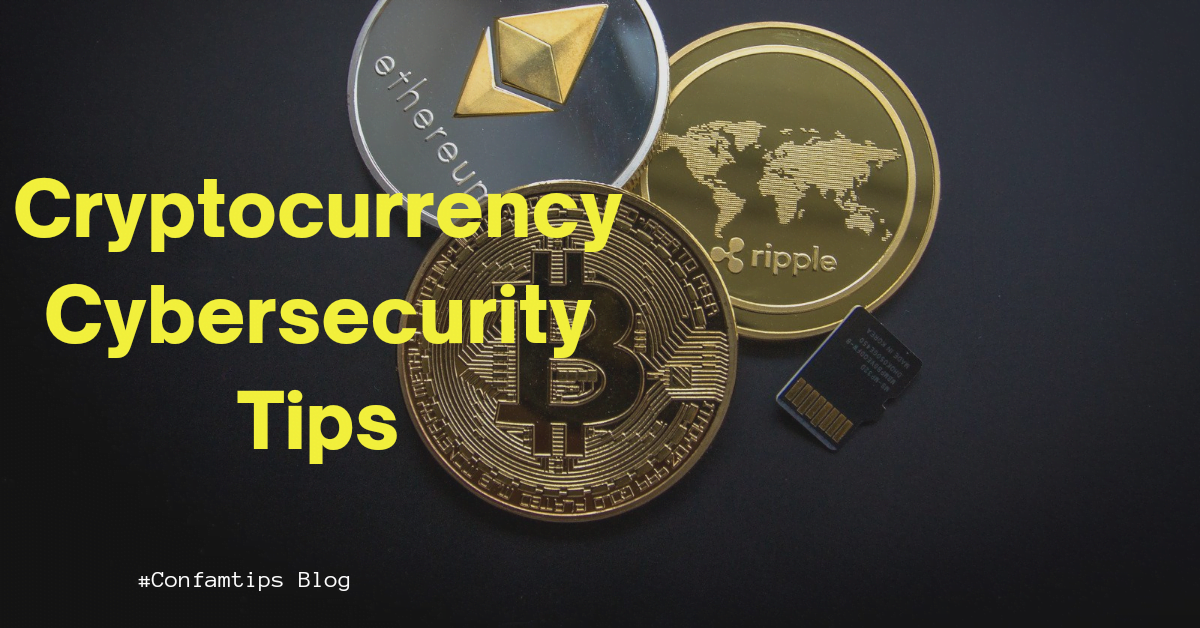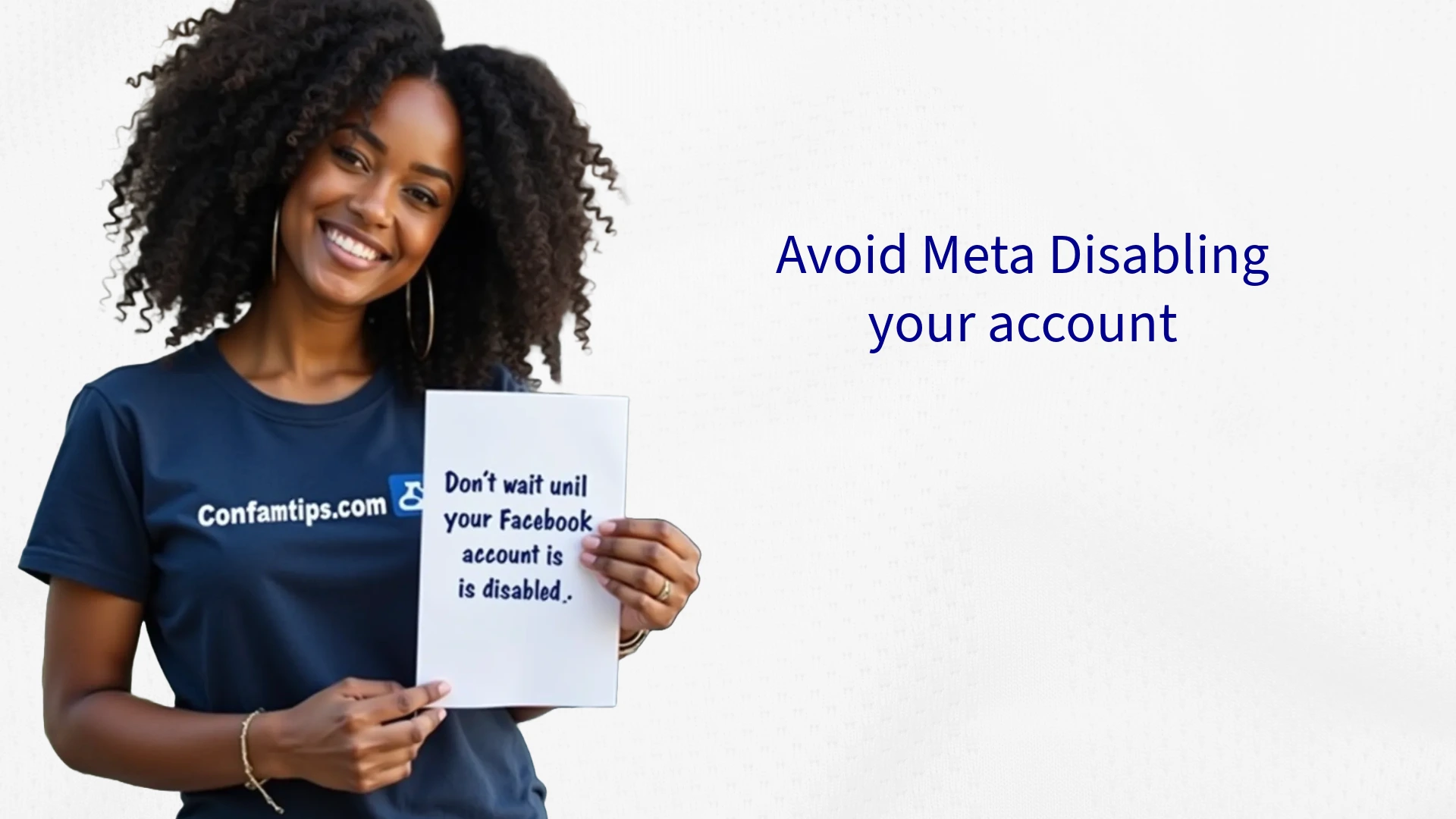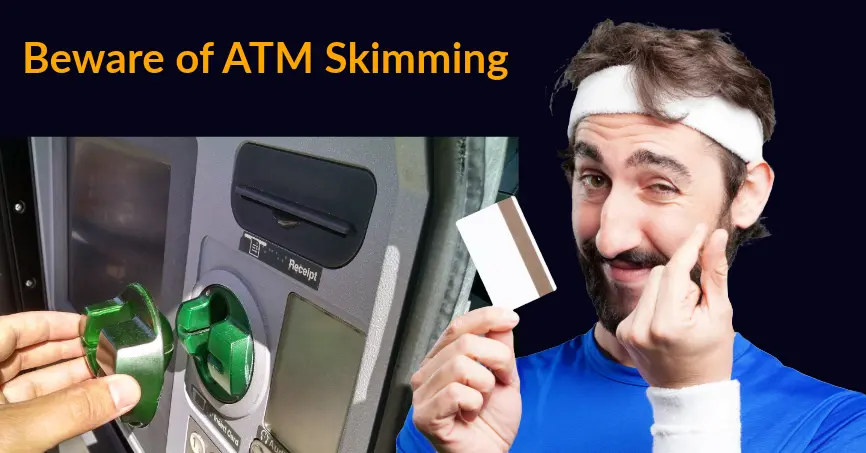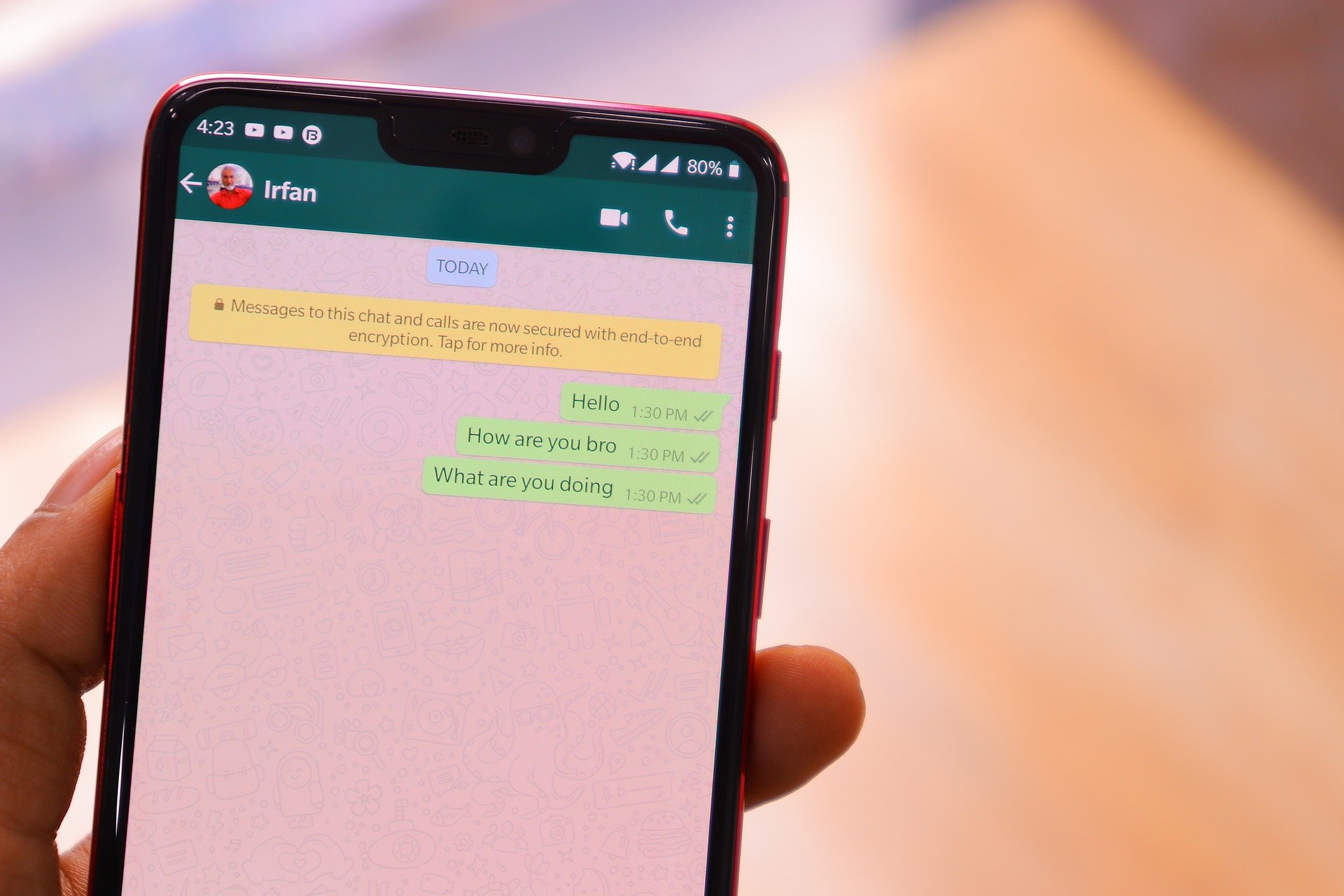With the surge in the price of Bitcoin, the desire to invest in cryptocurrency has increased for many. It also made the term so common that you don’t have to be tech-savvy before you think of investing.
Therefore, people are now investing in cryptocurrency in different ways; some are going into an active exchange or trading of it, while others are buying and keeping it as a store of value for the future.
Whatever path of investment one intends to take, there are still some cybersecurity risks involved.
So far, the exchange of cryptocurrency happens online, but there is some cybersecurity hygiene we need to observe. If not, we might lose our whole crypto wallets to scammers or bad actors.
Cryptocurrency Wallet Tips You Should Know
Before you buy your first cryptocurrency, you must have decided the reason for your purchase. Either you are going into an active cryptocurrency exchange or trading, or you are buying it to keep for the future.
Whichever one you want to do, you will need a wallet. Either the wallet is owned and managed by you, or it is managed for you by a second party. An exchange wallet is an example of a wallet managed for you by a second party.
Exchange wallets are those websites, applications, or services where you can convert your cryptocurrencies to fiat currency. It is a service that helps you buy, sell, convert, or “store” cryptocurrencies. Examples of exchange wallets are Coinbase and Binance.
The main difference between using Exchange wallets and personally managed wallets is who holds the private key, or recovery phrase. The person with the private key is the one in charge of the wallet.
What exchange wallet service providers do is create an account for their customers that will help them access their cryptocurrencies without having first-hand access to their private keys.
Cryptocurrency wallets are categorized into two types: hot and cold wallets. The main difference between these two categories of wallets is their connectivity to the Internet.
Hot wallets are connected to the Internet, while cold wallets are not. Hot wallets are the most vulnerable to cyberattacks.
So, if you are accessing your wallet from a device connected to the Internet, you are practically using a hot wallet. And you need to up your cybersecurity game.
Cryptocurrency Cybersecurity Hygiene You Need to Observe For Safe Investment
1. Learn To Use Cold Wallets to Keep Your Huge Cryptocurrency Investments
Knowing fully well that hot wallets are prone to cyberattacks, it is never advisable to keep a huge amount of your cryptocurrency in an exchange wallet, except if you are using the amount for active trading. There have been cases of exchange wallets being hacked and millions of dollars worth of cryptocurrency stolen.
Cold wallets, like hardware wallets or paper wallets, are the best for huge crypto storage. You can also use hot wallets where you have full control of your private key or recovery phrase. Remember, it is not easy to recover a lost cryptocurrency. So, don’t keep it where it will be easy to steal.
2. Always keep your private key or recovery phrase safe and off the Internet. Make backups of it.
One easy way to lose your cryptocurrency is by forgetting or misplacing your private key or seed phrase.
Remember, your wallet providers will not be able to help you recover a lost private key or recovery phrase. This is because you are the only one that has it.
Therefore, avoid storing your seed phrase or private key on your phone or computer. It can be stolen when the device is hacked or lost when your device crashes or is damaged.
Remember, anyone who has access to your private key or recovery phrase automatically owns your wallet. The fact that you have a crypto wallet is simply because you have the private key. Guard it, and make sure you have different backups of it.
3. Use Strong Passwords for Your Exchange Wallet Accounts- Turn On Two-Factor Authentication.
Do not use a weak password for your exchange account. Also, don’t use the same password you have used in another account.
Remember, cryptocurrency transactions are not reversible. Once someone is able to log into your exchange account and transfer cryptocurrency from it, it is gone forever.
Also, turn on two-factor authentication. This will add an additional layer of security to your account. Remember to be careful with the device that holds the SIM card you use to receive your two-factor code. On no account should you share your received two-factor code or your login details with anyone.
Suggested Post: Password You Should Never Use and Why
Even though you can recover your exchange wallet login details when they are forgotten, it is important that you keep them safe and off the internet too.
4. Be meticulous with your transactions—confirm bank alerts and wallet addresses before sending cryptocurrency.
Remember, cryptocurrency transactions cannot be reversed once they are delivered and confirmed. It can only be refunded by the person who received it, if you knew the person.
Don’t send your cryptocurrency first before you receive the fiat currency alert equivalent during an exchange. Except when you trust the party involved. Be mindful of fake bank alerts and make sure the money is truly in your account before you do the crypto transfer.
Suggested Post: Easy Steps to Spot Fake Credit/Debit Bank Alerts
Cross-check the wallet address and network before transferring. You will lose your cryptocurrency when it is sent to the wrong address.
5. Be Conscious Of Phishing Attacks
Always be mindful of phishing emails, text messages, calls, or fake websites and mobile applications that are designed to steal your wallets.
Download your mobile applications from reliable sources, and be sure you cross-check the address of your exchange websites on the browser address bar before you enter your login credentials.
Do not log in to your exchange account through a link in an email. Also, never give your logging-in information to your wallet or accounts to people over SMS, calls, email, or chats.
Be careful about spyware and keylogger applications. Make sure you download applications and files you use on your device from a reliable source.
Suggested Post: How to Check If Someone Is Monitoring You On Your Phone Using Spyware-Working Guide
6. Lock the wallet apps on your phone or computer with a password.
Protect every device your wallet app is installed on with a passcode, including the app. If you are using hardware wallets, make sure you keep them safe.
Don’t leave the device in the hands of people you don’t trust for long. Prepare the device for tracking in case of physical theft.
7. Make sure you are using a genuine exchange platform for your cryptocurrency buying and trading.
Exchange wallets like Binance and Coinbase are good places to start. If you are in Nigeria, where direct bank card payments for cryptocurrencies are banned,. You can use Binance P2P trading to register an account and buy your first cryptocurrency.
Binance P2P is an easy and safe way to purchase your first cryptocurrencies without fear. They have reliable sellers there. All you have to adhere to is to avoid putting anything bitcoin or crypto in your bank transfer.
There are scam platforms and crypto dealers out there; you should be very careful.







